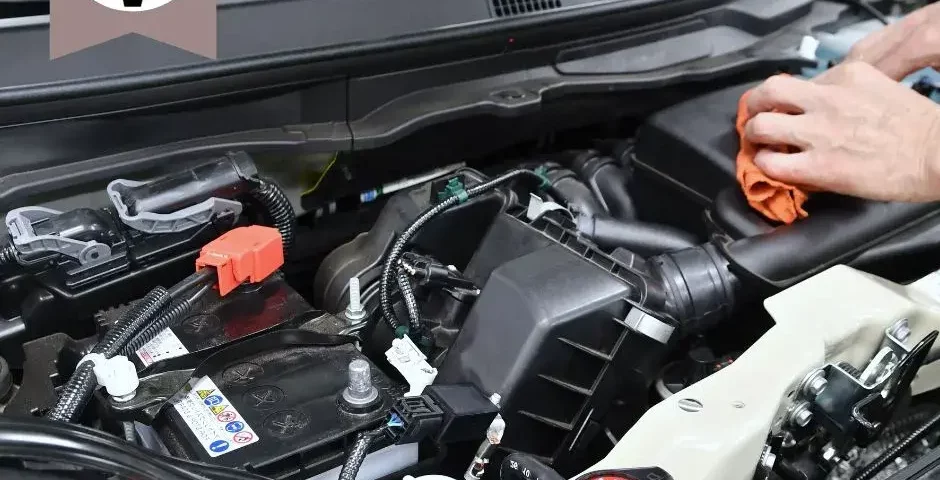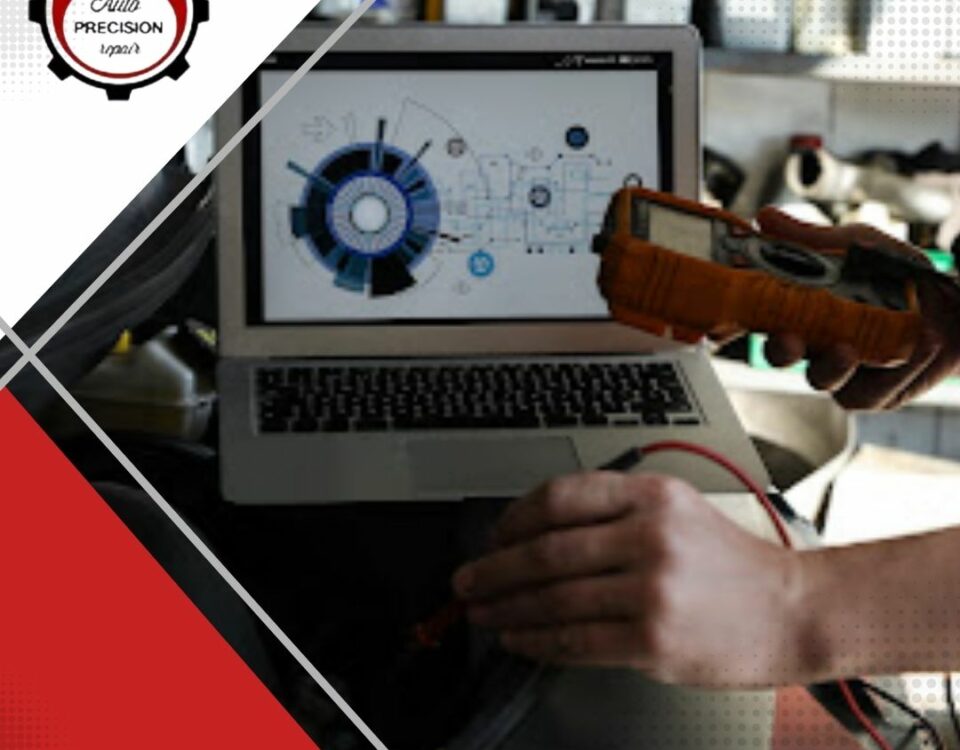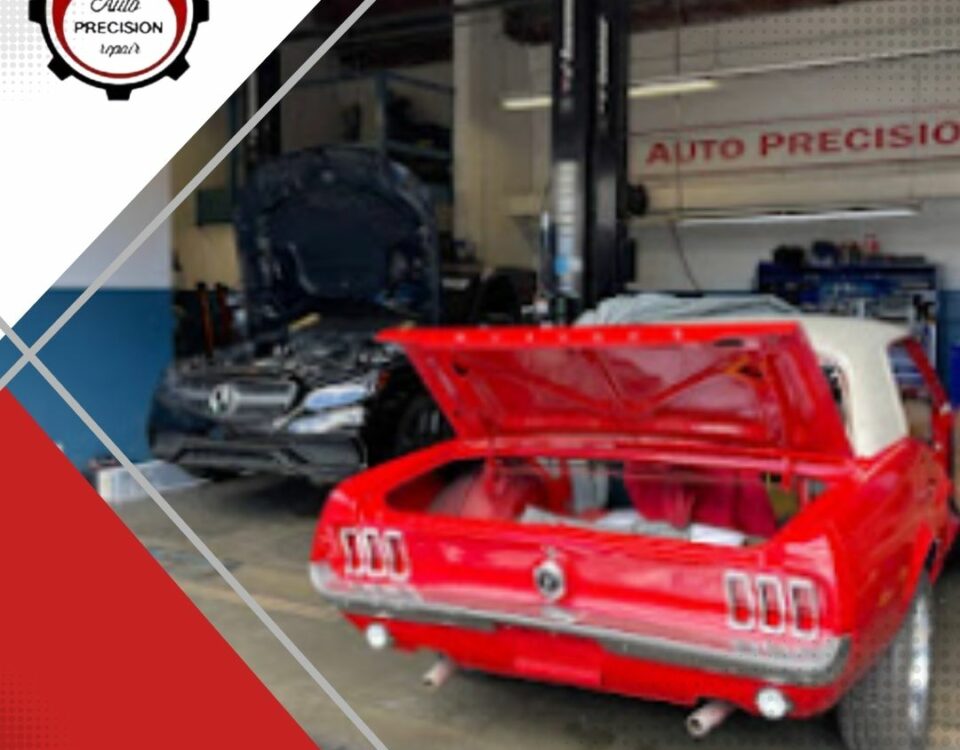
A Step-by-Step Guide to Preventive Maintenance Procedures
November 12, 2024
Top Preventive Maintenance Procedures for Every Car Owner
November 12, 2024Preventive maintenance procedures are fundamental in ensuring the longevity and reliability of vehicles. By meticulously scheduling tasks such as timely oil changes, precise tire rotations, and thorough brake inspections, vehicle owners can preemptively address wear and inefficiencies that may otherwise lead to significant mechanical failures. These practices not only enhance performance and fuel efficiency but also safeguard against unexpected downtime and costly repairs. As we explore the intricate balance between maintenance routines and vehicular endurance, one must consider the broader implications on safety and overall investment value. What specific strategies can further optimize a vehicle’s operational lifespan?
Essential Maintenance Practices
To ensure the longevity and optimal performance of a vehicle, implementing essential maintenance practices is paramount. This involves adhering to a structured schedule of inspections and servicing that target critical components susceptible to wear and degradation. A primary focus should be on regular oil changes, as engine oil serves as a lubricant, reducing friction and preventing overheating in the engine’s moving parts. Utilizing manufacturer-recommended oil types and adhering to specified change intervals is crucial for maintaining engine integrity.
Equally important is the inspection and replacement of air and fuel filters, ensuring the engine receives clean air and fuel, optimizing combustion efficiency.
Tire maintenance, including rotation, alignment, and balancing, is vital for uniform wear and prolonged tire life. Monitoring tire pressure ensures optimal traction and fuel efficiency, while periodic brake inspections safeguard against excessive wear, maintaining stopping power and safety.
Battery maintenance, including terminal cleaning and charge testing, prevents unexpected failures. Furthermore, inspecting belts and hoses for signs of cracking or wear is essential to prevent breakdowns.
Benefits of Regular Preventive Maintenance
Regular maintenance of a vehicle yields numerous benefits, fundamentally enhancing its performance and longevity. By adhering to a structured maintenance schedule, vehicle owners can ensure optimal functionality and safety. This practice not only extends the vehicle’s life but also optimizes its operational efficiency, leading to significant cost savings over time.
- Enhanced Engine Performance: Regular oil changes and engine checks prevent the buildup of sludge and dirt, ensuring the engine runs smoothly and efficiently. This maintenance reduces friction and wear, prolonging engine life.
- Improved Fuel Efficiency: Well-maintained vehicles achieve better fuel economy. Properly inflated tires, clean air filters, and regular tune-ups ensure that the vehicle uses fuel more effectively, reducing overall consumption.
- Increased Safety: Regular inspections of brakes, tires, and lights are critical. These checks prevent potential failures that could lead to accidents. Ensuring that all systems are functioning correctly enhances the safety of both the driver and passengers.
- Higher Resale Value: A well-maintained vehicle holds its value better. Detailed service records demonstrate to potential buyers that the vehicle has been cared for, making it a more attractive purchase and commanding a higher resale price.
Through routine maintenance, vehicle owners not only safeguard their investment but also contribute to a reliable and safe driving experience.
Adherence to preventive maintenance procedures serves as the linchpin for vehicle longevity, optimizing performance and minimizing unforeseen repairs. Through essential practices like oil changes, filter replacements, tire rotations, and brake inspections, vehicles are safeguarded against premature wear and tear. These measures, akin to a stitch in time saving nine, not only ensure operational safety and efficiency but also preserve vehicle value. The structured maintenance schedule is pivotal in securing a smooth driving experience and extending the lifespan of any vehicle.





